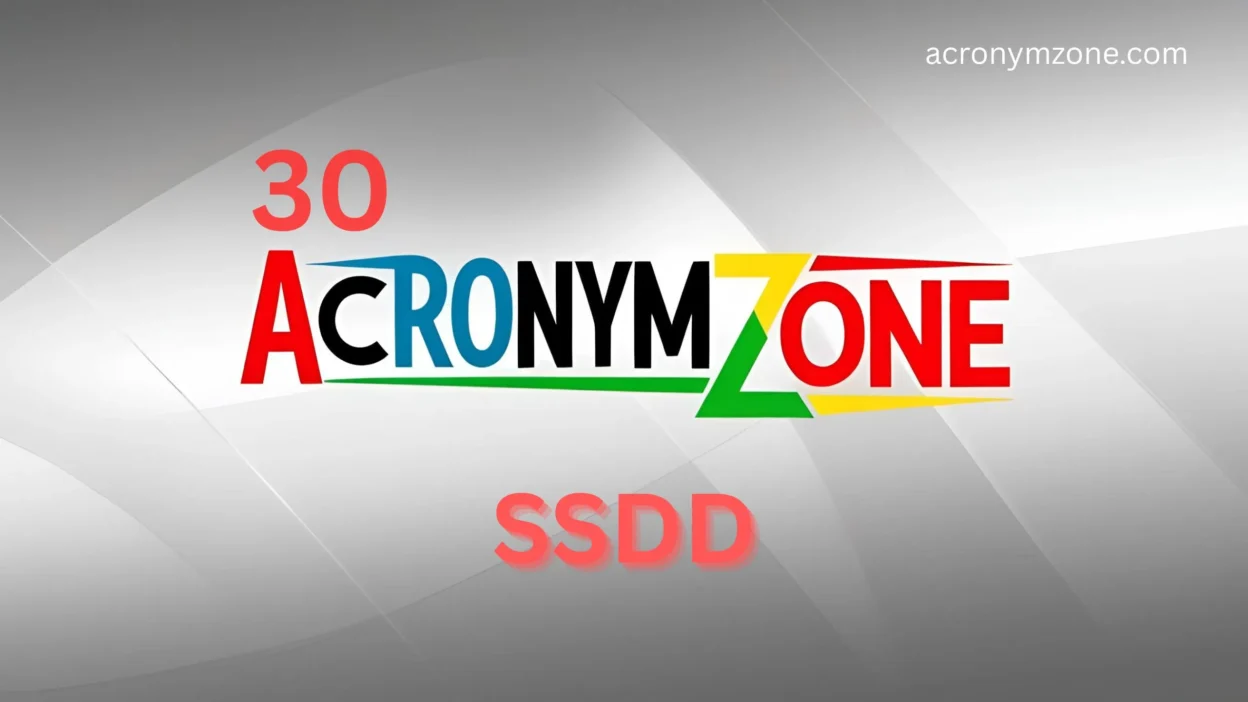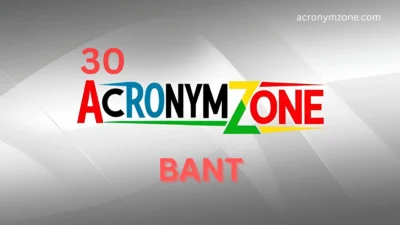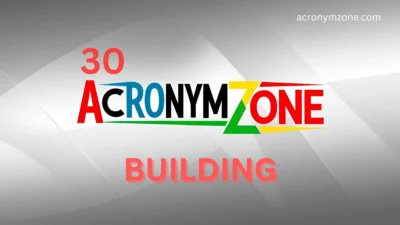When you hear the phrase “SSDD acronym,” what does it bring to mind?
If you’re thinking, “Same Stuff, Different Day,” you’re right on track. The SSDD acronym is commonly used in casual conversation to describe monotony, routine, or boredom—a feeling of going through the motions without excitement or change. It’s that everyday grind where each day feels like a rerun of the last.
While SSDD may sound a bit cynical or blunt, it captures a real emotional state: stagnation, frustration, or even humorous resignation. But there are many ways to express this feeling, depending on your tone—light-hearted, sarcastic, formal, or emotional.
In this article, we’ll explore 30 acronym-inspired synonyms or expressions for SSDD. Each comes with a quick definition, a sentence example, and when to use it based on context, tone, or cultural nuance.
🔄 What Does SSDD Really Mean?
SSDD stands for:
Same Stuff, Different Day
(Also interpreted as “Same Sh*t, Different Day” in more casual or edgy conversations.)
It’s often used when life feels repetitive—nothing changes, excitement is lacking, and you’re just coasting. SSDD doesn’t always mean someone is unhappy—it might just reflect routine fatigue or a need for something new.
🌀 30 Alternatives to SSDD (Same Stuff, Different Day)
Below are 30 phrases, acronyms, or expressions that capture the SSDD vibe in different ways. Each has its own twist, tone, and best-fit situation.
1. Groundhog Day
Reference to the movie—repeating the same day over and over.
Use for pop-culture nods.
“This job feels like Groundhog Day.”
2. On the Treadmill
Going but getting nowhere.
Use for career or routine metaphors.
“I’m just on the treadmill—working hard but stuck.”
3. Daily Grind
The tough, repetitive aspects of daily work.
Use for work-life discussion.
“Back to the daily grind.”
4. Stuck in a Loop
Repetitive behavior or events.
Use for techy or emotional tone.
“I’m stuck in a loop of wake, work, sleep.”
5. Business as Usual (BAU)
No change—just normal operations.
Use in office settings.
“It’s BAU around here.”
6. Same Old, Same Old
Everything’s the same, again.
Use for informal or friendly chats.
“How’s work?” — “Same old, same old.”
7. Wash, Rinse, Repeat
A cycle with no end.
Use sarcastically.
“Meetings, emails, reports—wash, rinse, repeat.”
8. Just Another Monday
Expresses dread or boredom.
Use at the start of the workweek.
“Coffee isn’t working. Just another Monday.”
9. 9-to-5 Life
Standard job routine.
Use to summarize work repetition.
“Living that 9-to-5 life.”
10. Clock In, Clock Out
Do the job, then leave—no passion.
Use for routine or disengaged work.
“I’m just clocking in and out these days.”
11. In a Rut
Stuck, uninspired.
Use when deeper emotions are involved.
“I’m in a rut and need a change.”
12. Status Quo
The existing state of affairs.
Use for formal writing or politics.
“They chose to maintain the status quo.”
13. Same Circus, Different Clowns
Things change superficially, but it’s all the same.
Use humorously.
“New manager, same circus, different clowns.”
14. Spinning My Wheels
Busy but making no progress.
Use when expressing frustration.
“I feel like I’m spinning my wheels here.”
15. Living on Autopilot
Going through motions without thinking.
Use in reflective or emotional moments.
“I’ve been living on autopilot lately.”
16. Same Show, New Episode
Different details, same plot.
Use when tired of predictable patterns.
“Every date ends the same. Same show, new episode.”
17. Running in Circles
Wasting energy with no results.
Use in workplace or family situations.
“We’re running in circles on this project.”
18. Same Script, Different Cast
Nothing really changes.
Use for social patterns or drama.
“New relationship, same script, different cast.”
19. Press Play on Repeat
Like listening to the same song over and over.
Use for poetic or casual tone.
“Every day feels like pressing play on repeat.”
20. On Repeat Mode
Life’s playlist won’t change.
Use for younger audiences.
“I’m on repeat mode this semester.”
21. Trapped in the Matrix
Living a simulated, predictable life.
Use in geeky or pop-culture settings.
“It’s like I’m trapped in the Matrix at this job.”
22. Zombie Mode
Operating without thought.
Use for humorous or tired tones.
“I’m in zombie mode after all those meetings.”
23. Deja Vu All Over Again
Yogi Berra’s twist on déjà vu.
Use for playful repetition.
“It’s déjà vu all over again with this project.”
24. On Cruise Control
Not making intentional moves.
Use when life feels easy but dull.
“I’ve been on cruise control since graduation.”
25. Rinse and Repeat Routine
Mechanically doing the same things.
Use for domestic or work life.
“My day’s just rinse and repeat.”
26. Another Day, Another Dollar
Routine work for pay—no passion.
Use with financial focus.
“Another day, another dollar, I guess.”
27. Back to the Grindstone
Return to hard, routine work.
Use in traditional or serious tones.
“Vacation’s over. Back to the grindstone.”
28. Corporate Hamster Wheel
Working endlessly without real change.
Use in corporate or critical contexts.
“I’m done with the corporate hamster wheel.”
29. No Change on the Horizon
Nothing’s different or expected to change.
Use in resigned tone.
“No change on the horizon, unfortunately.”
30. Snooze & Repeat
Lazy or repetitive lifestyle.
Use for college or casual slang.
“My weekend? Snooze and repeat.”
🧭 How to Choose the Right Phrase
Choosing the right synonym for SSDD depends on how you feel and how you want to be perceived:
| Emotion | Best Phrase |
| Frustrated | “Spinning my wheels,” “In a rut” |
| Casual/Funny | “Groundhog Day,” “Zombie mode” |
| Tired but okay | “Daily grind,” “On cruise control” |
| Formal/Professional | “Business as usual,” “Status quo” |
| Hopeless | “No change on the horizon” |
| Reflective/Deep | “Living on autopilot,” “In a loop” |
Cultural tip: Some phrases like “Same Sh*t, Different Day” may not be suitable for formal writing or certain audiences. Use toned-down alternatives like “Same old, same old” or “Status quo” in those cases.
✅ Conclusion
Life won’t always be exciting, but how we talk about repetition can reflect our mood, outlook, and even humor. Whether you’re feeling stuck, mellow, sarcastic, or reflective, there’s a smarter way to say SSDD.
From “Groundhog Day” to “Living on autopilot,” choosing the right expression helps you connect, express, and even laugh at the routine. So next time life feels like it’s on loop—use the words that fit your moment.

Jennifer Lawrence is an award-winning American actress widely recognized for her talent, versatility, and powerful performances in film. Born on August 15, 1990, in Louisville, Kentucky, Jennifer began her acting career in television before rising to international fame with her breakthrough role in Winter’s Bone (2010), earning her an Academy Award nomination. She is best known for starring as Katniss Everdeen in The Hunger Games series, which became a global phenomenon and solidified her status as a leading Hollywood actress.




